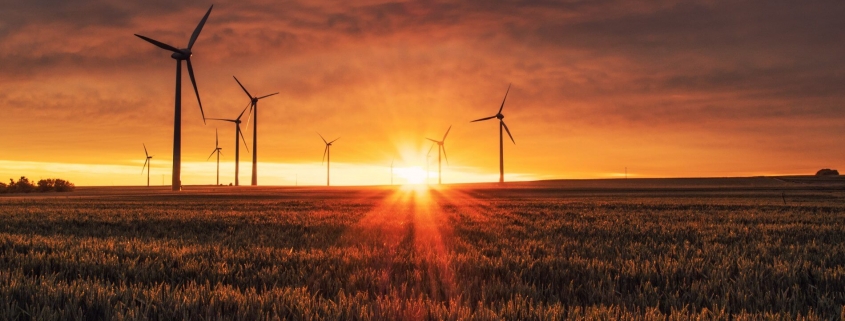Parliamentary elections in Germany are over – but the big issues are still there, such as the “Energiewende”, just to mention one example. It was widely discussed, but especially during the past couple of months reduced to the topics of electricity prices. Undeniably an important topic, but other equally relevant issues have been neglected at the same time.
While concepts, technologies and opportunities for a reliable and sustainable energy supply are discussed in trade media, specialized bodies and at events, we still miss targeted and efficient communication strategies and activities that create visibility for the opportunities resulting from the transition to a sustainable energy system. We hardly talk about the advantages created by a greater independence from oil and gas suppliers, who in many cases are characterized by an erratic behaviour on the political stage. The German „Energiewende“ is also triggering innovation – a fact that is simply too often ignored. And who actually has an overview of the technologies developed by startups, big companies and R&D institutions? In most of the cases, this kind of information only reaches a very small and exclusive audience. We also lack a public discussion about the opportunities that the “Energiewende” and the innovations it triggers create on an international level – especially for German companies.
Of course it’s not surprising that a complex project like the „Energiewende“ ist not communicated adequately – in the end, simply too many stakeholders are involved, and attitudes and personal interests differ widely. Additionally, many companies – and we are especially talking about the big energy suppliers – still do not have developed future-oriented business models adjusted to the new market conditions. On the positive side, this offers tremendous opportunities for all those companies, who are developing solutions and technologies for the realization of a sustainable energy supply – and equally for their partners, the PR agencies and the media.
In what way would it help to communicate on chances and opportunities of the “Energiewende” and all related activities? Besides positioning the communicators in their market – simply the fact that success stories tend to encourage other market players. No matter if it’s the „gallic village“ that provides its own energy, the company with a new strategy for energy efficiency, or sustainable products: the related messages should reach a far bigger audience. Then maybe the “Energiewende” is not exclusively regarded any more as a risk that’s hard to calculate – but rather as a chance or even as a market with a huge potential. Even better if this message is spread around the globe: In the end, the German “Energiewende” might find more imitators than we might imagine today.

